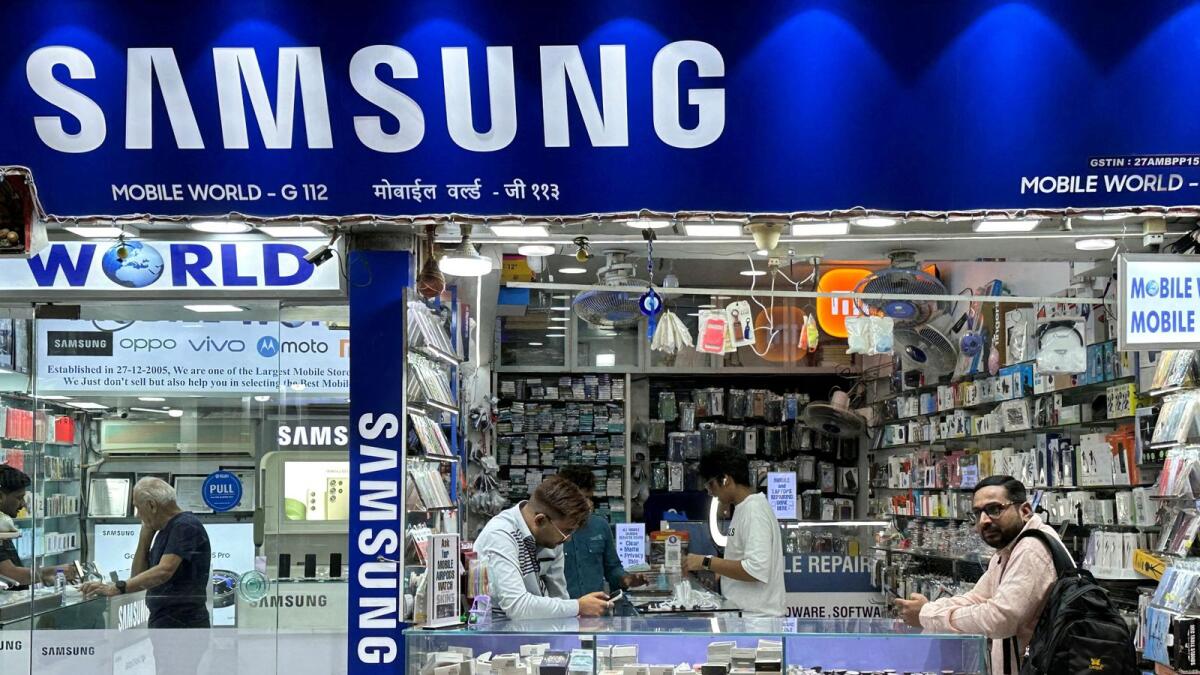Samsung Electronics, India’s largest consumer electronics company, faced production disruptions at its key plant in southern India due to a strike by hundreds of employees demanding higher wages. The Sriperumbudur plant, which employs 1,800 people, plays a significant role in Samsung’s annual revenue in India. The strike, now entering its third day, has impacted production and caused the company’s shares to drop in Seoul. The workers are demanding better wages, improved working conditions, and the recognition of a union backed by the Centre of Indian Trade Unions group.
The strike at the Samsung plant in India comes at a crucial time as the country prepares for the festive season, when consumers typically make purchases, including electronic items. This disruption in production ahead of the festive season could impact Samsung’s sales during this period. The company’s senior executives, including Southwest Asia CEO, JB Park, are engaging with the striking workers in an effort to find a resolution. While negotiations are ongoing between the workers and management, there is no indication of when the matter will be resolved.
In South Korea, Samsung Electronics’ largest worker union also held a strike earlier this year to demand higher wages and benefits. However, the production at the company’s facilities was not significantly disrupted by the strike. In India, workers are seeking equal remuneration for employees with similar levels of experience. The workers have expressed their grievances and demand for fair treatment, leading to the formation of a union at the plant.
The strike by Samsung employees in India has caught the attention of political leaders who attended the protest in support of the workers. The workers are adamant about their demands and have called for state labor officials to engage with the union to resolve the issues. The strike has led to a decrease in production at the plant, impacting Samsung’s operations in India. The company has stated that it will comply with all laws and regulations while engaging with workers to address their grievances.
The disruption in production at the Samsung plant in India has raised concerns about the company’s ability to meet consumer demand during the festive season. The strike comes at a critical time for Samsung, as it competes with other consumer electronics companies in the Indian market. The company’s leadership is actively involved in resolving the labor unrest and finding a solution that is acceptable to all parties involved. The outcome of the negotiations between the workers and management will determine the future course of action for Samsung’s operations in India.
In conclusion, the labor strike at Samsung’s plant in India has highlighted the importance of fair wages and working conditions for employees in the manufacturing sector. As the company navigates through this challenging situation, it is imperative for all stakeholders to work together to find a mutually beneficial solution. The impact of the strike on Samsung’s production and revenue underscores the need for effective labor management practices in the Indian market. It remains to be seen how the company will address the concerns raised by its workers and ensure a harmonious working environment in the future.











